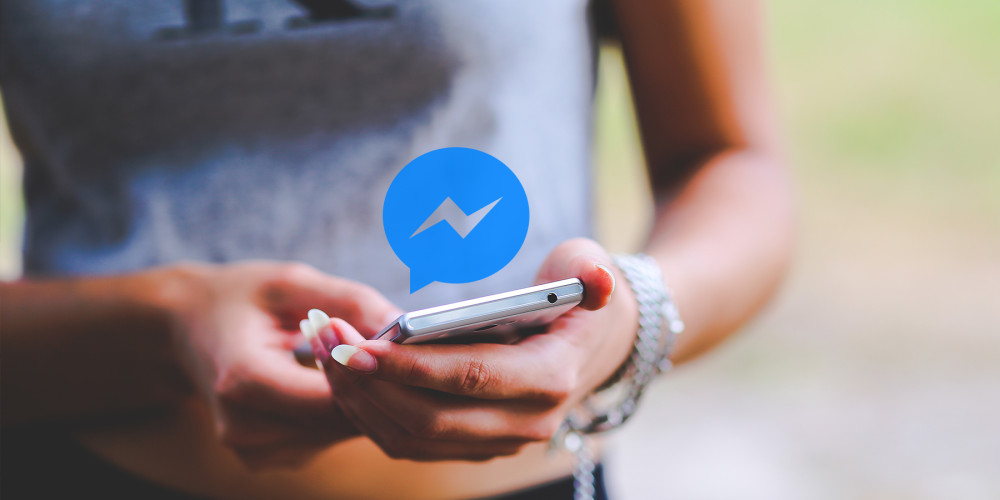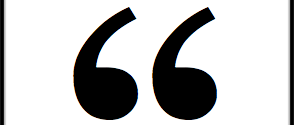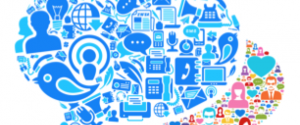Today I was lucky enough to speak at the morning prayers service, a Harvard tradition since its founding in 1636 (more here). Many thanks to Jonathan Walton, who is the Pusey Minister of Harvard’s Memorial Church and the Plummer Professor of Christian Morals in the Faculty of Arts & Sciences — and a true proponent of making connections on campus and on Twitter.
Good morning. My name is Perry Hewitt, and I work on digital strategy for the University. I’d like to begin with a reading from E.M. Forster
“Only connect! That was the whole of her sermon. Only connect the prose and the passion, and both will be exalted, and human love will be seen at its height. Live in fragments no longer. Only connect, and the beast and the monk, robbed of the isolation that is life to either, will die.”
When Forster wrote that passage for Howard’s End back in 1910, he was, through the indomitable character of Margaret Schlegel, extolling connection as a means to an end, a way to live a fuller and more meaningful life. In the novel, Margaret’s lifelong attempt to get the stubborn Henry Wilcox to connect the prose and the passion within himself is for a long time met with deliberate obtuseness. Wilcox tells Margaret, “My motto is Concentrate. I’ve no intention of frittering away my strength on that sort of thing.” What he meant by “that sort of thing” was looking away from the task at hand, to see all around him.
Of course, Monday’s tragic events at the Boston Marathon put this exhortation into especially sharp relief. The violence of the bombings, and then the subsequent moments of hope and humanity cause me to reflect more deeply on these themes of concentration and connection.
When I arrived at Harvard College, like many young people, I knew a great deal more about how to live my life back then than I can lay claim to today. My stubbornness and world vision bore an unfortunate resemblance to that of Henry Wilcox. As a Slavic Languages student, I immersed myself in the inflexible world of word roots, noun declensions, and verb conjugations through the work of Roman Jakobson and Horace Lunt. I was a devoted disciple of the “concentrate” and by and large eschewed the “connect.” And “concentrate” up until that point had been an effective means to an end — through the girls’ school I attended, through Andover, and then through Harvard. After Harvard, I was certain, I would pursue a similarly focused life and career path.
But as the Yiddish proverb says, man plans and God laughs. Through a variety of professional and personal circumstances, my life ended up revolving less around the concentrate, and almost entirely around the connect. Rather than becoming the hedgehog I had envisioned, knowing one big thing, life conspired to turn me into a fox, in the business of knowing many things, and many people, and of trying to make useful links among them all.
As I spent more time on the exploration of digital channels, mobile devices, and social realms, the question I began to have, and pose for you all to think about here, is what does it mean today to connect? How have the capability and meaning of connection been enhanced or diminished by the digital world we now inhabit?
First, I want to talk about the immediacy and ease of connection.
Never before have we been able to connect in a tactical way so easily and inexpensively. When I spent time in the former Soviet Union in the late eighties, a telephone call to “the West” involved a long wait in the Central Post Office in Moscow. Picture if you will a pre-technology RMV, with long rows of people sitting and waiting for their turn to enter what felt like a Revolutionary-era Russian phone box. You waited for hours for your call to come up, and were prepared for a mercurial babushka-bureaucrat to change your place in line or deny you entirely. Calling abroad was a significant undertaking and time commitment. Because of this, you planned what you wanted to say, disguised carefully for those listening in, with great care.
Compare this to the casual and inexpensive connection of the internet-enabled present. Earlier this week, my son, Tim, now the same age I was in Moscow, missed a connecting flight in Spain. He opened up a videochat in Skype to alert me of his new plans. He used a laptop computer connected to Madrid airport wifi; I responded on a smartphone while out for a walk in the woods with a friend.
Does this ease of connection somehow change its nature? Is a world in which we are potentially always connected an unqualified boon? It certainly prevented me from sitting in an airport and worrying. But is there a case to be made that we put less effort into choosing our words because they can always be corrected in a subsequent call, text, or email across any geographic boundary? I have no desire to turn back the clock on telecommunications, but often reflect on how the newfound ease may affect the quality or purpose of connection.
Second, I want to talk about the meaning of connection in a digital world.
Facebook has amassed over a billion worldwide users, and represents one out of every seven minutes spent on the internet today. But perhaps most interestingly, Facebook has succeeded in turning the noun “friend” into a verb, and inventing its unfortunate corollary, the “unfriend.” What effect does this kind of online connection have on the nature of friendship itself?
Why are people signing up to connect through pixels rather than in person? For many, there’s a clear benefit to online connection, particularly in societies where family members are more widely dispersed geographically. Teens form affinity groups of future freshmen; former classmates reunite and compare both headlines and hairlines; and everyone shares photos of children, dogs, and luscious desserts. Large networks enable people to benefit from the strength of weak ties, surfacing more professional and personal opportunities for online friends to be helpful to one another. Recent research also reveals that social content is especially memorable — you are more likely to recall a status update than a news headline or a randomly selected sentence from a book.
And yet people are creating and navigating the rules of online friendship very differently. Some are indiscriminate and enthusiastic friend-ers, eagerly collecting people they meet and adding them to their network. Others are skeptical of online connections, wondering if we are now replacing genuine friendship with a feed full of a baby pictures, inane internet memes, and political polemics. Most of us fall somewhere in between, with self-created rules of who we friend on Facebook, who we connect with on LinkedIn, and who knows our mobile phone number.
Finally, I want to consider these questions in the context of Monday’s Boston Marathon bombings.
On Monday, digital / social / mobile led the way in communicating, collecting, and commiserating. Tweeters broke news developments the traditional networks could only chase. Digital led the way for friends and family to find, check on, and encourage one another. Now FBI investigators are busy analyzing our crowdsourced digital data to divine signals from the noise. In this sense, especially at times like these, it’s our efforts to connect that are improving our our quality of life and perhaps even our safety.
I began today with Forster’s admonition. “Only connect,” he wrote, “and human love will be seen at its height.” This week, this seems particularly apt. Since I stand here at the pulpit, I would love to follow Forster by offering you definitive answers on digital connection. But I can’t. We’re wading together into new territory, building new rules that fit for the immediacy and intimacy of online connections, and doing it in sometimes troubled times. I do not have a map, digital or otherwise, for navigating the correct course. But I believe if we hold fast to the overarching principle Forster introduces, together we’ll head in the right direction.
So, I bid you today to go out and chat, like, link, pin, plus, poke, post, text, tumble, or tweet. Or write an old-fashioned letter, and drop it in the mail. But in the end, do what matters — only connect.




